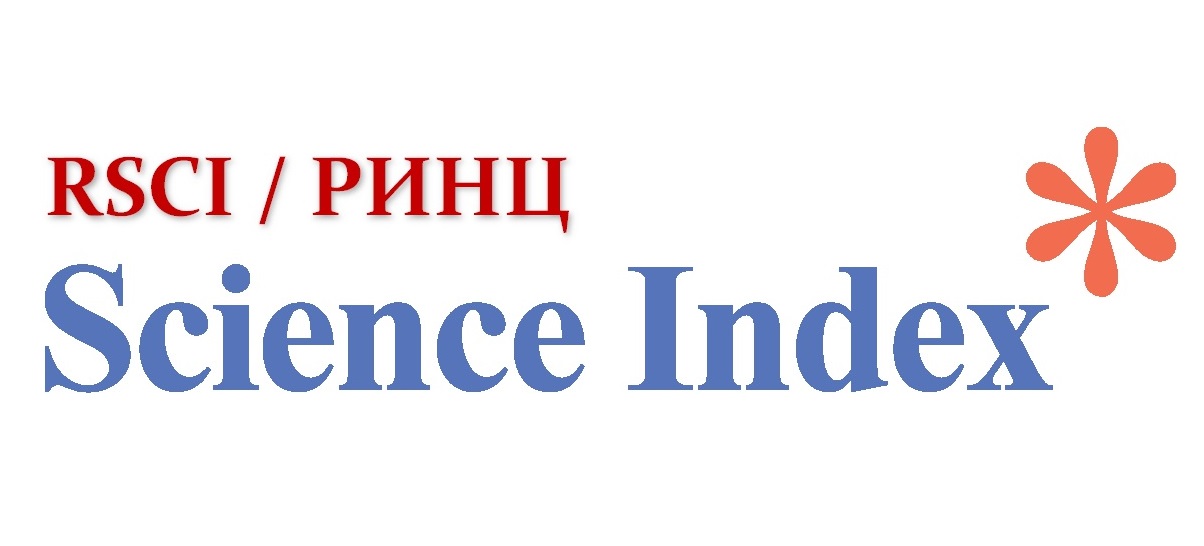The Main Directions of the Implementation of the State Anti-Corruption Policy Aimed at Reducing Income Inequality
Views: 290 / PDF downloads: 245
DOI:
https://doi.org/10.32523/2789-4320-2024-1-142-158Keywords:
anti-corruption policy, management, economy of Kazakhstan, sustainable development, income inequality, social imbalance, legislationAbstract
In the modern world, the problem of corruption and social inequality remain one of the key challenges for many countries. This article is devoted to the study of the main directions of the implementation of the state anti-corruption policy with an emphasis on reducing social and economic inequality. Corruption, being one of the main factors contributing to the widening gap between rich and poor segments of the population, requires attention and a systematic approach in the context of developing measures to reduce social disparities. This paper examines various anti-corruption strategies, assesses their impact on the income levels of various social groups, and suggests practical approaches to improving the situation through effective anti-corruption policies and measures to increase transparency of financial transactions. The main research methods are analysis, historical research method and forecasting method. The results of this study can serve as a basis for the development and implementation of measures aimed at reducing income inequality through effective anti-corruption activities.Downloads
Download data is not yet available.
Downloads
Published
2024-03-29
How to Cite
Panzabekova, A., Ruzanov, P., & Zharlygassinov, T. (2024). The Main Directions of the Implementation of the State Anti-Corruption Policy Aimed at Reducing Income Inequality. Economic Series of the Bulletin of L.N. Gumilyov ENU, (1), 142–158. https://doi.org/10.32523/2789-4320-2024-1-142-158
Issue
Section
Статьи
License
Copyright (c) 2024 A. Панзабекова, P. Рузанов, T. Жарлыгасинов

This work is licensed under a Creative Commons Attribution-NonCommercial 4.0 International License.






